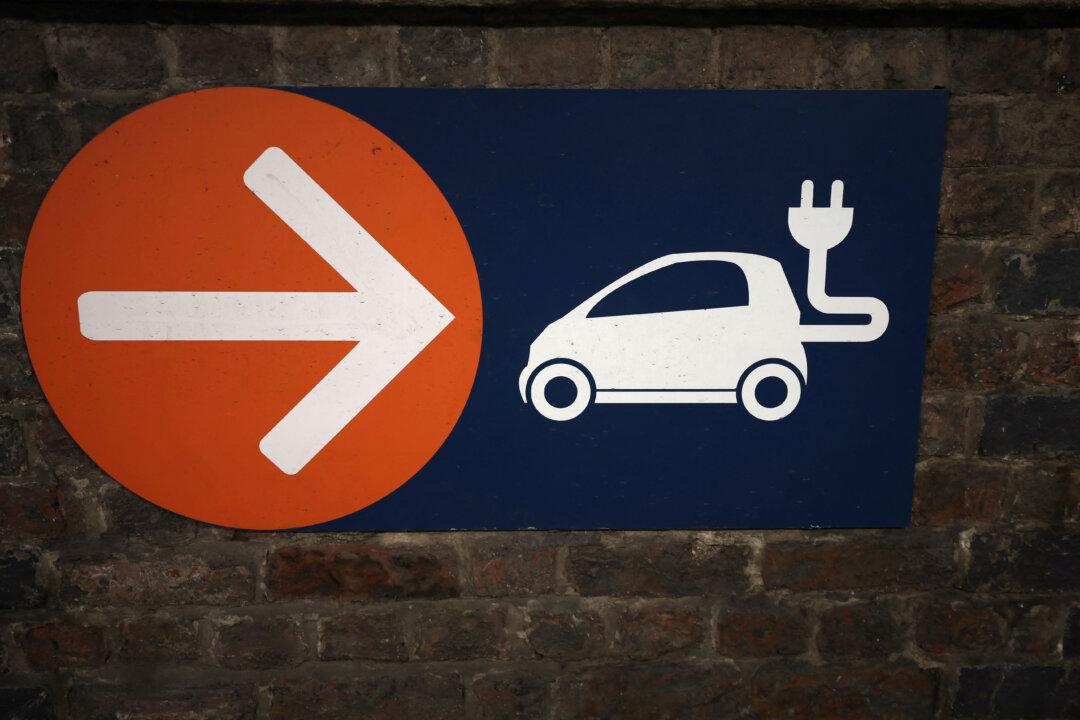Carmakers have warned they face nearly 6 billion pounds ($7.6 billion) in compliance costs to meet the UK’s strict electric vehicle (EV) sales mandate and have urged the government to reconsider its course of action.
The country’s rules requiring that at least 22 percent of an automaker’s new car sales in 2024 be purely EVs have raised increasing concerns from the automotive industry, which is calling for urgent government intervention.





